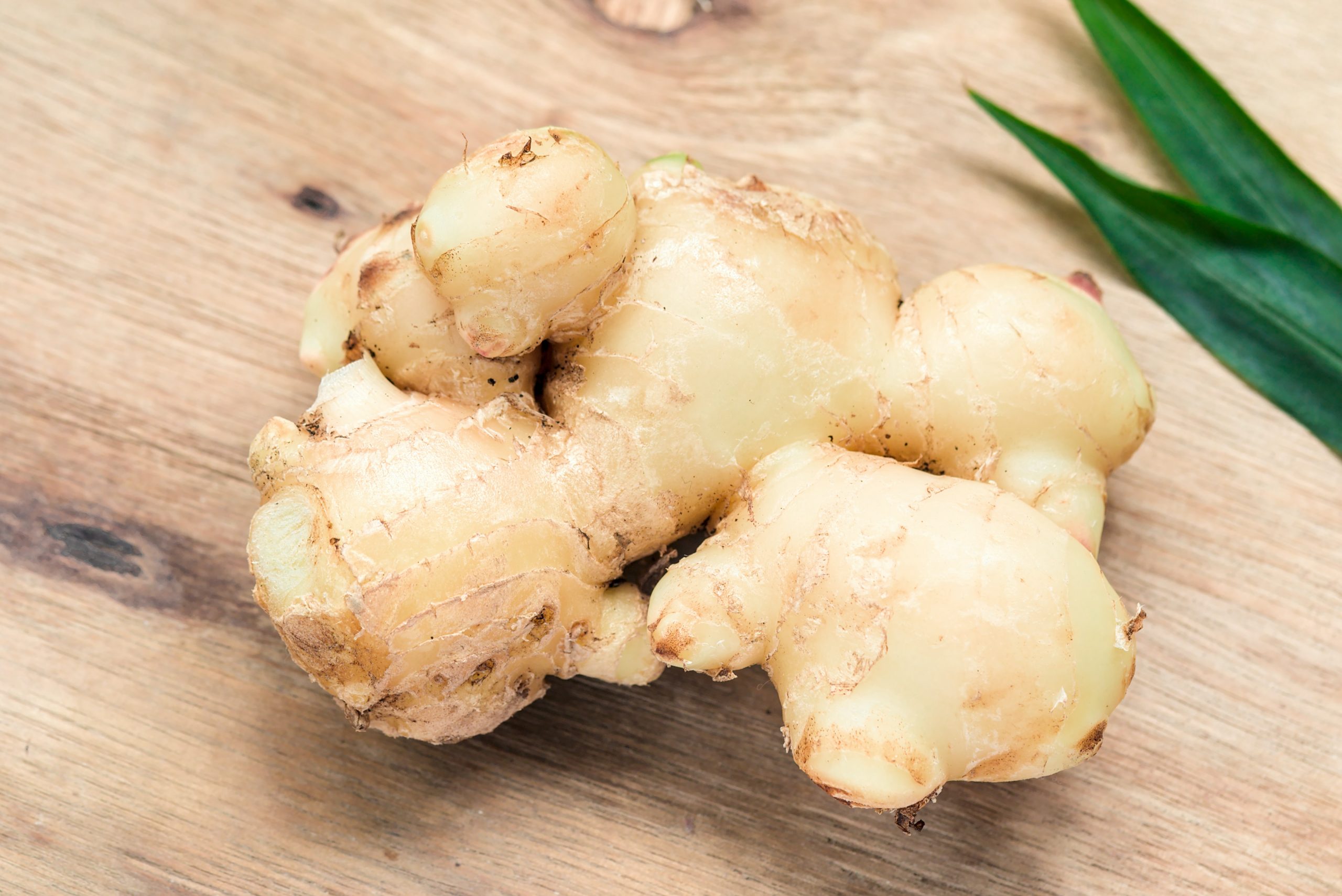Asthma is a condition in the lungs that causes spasmodic swelling, which hampers breathing. According to the Centers for Disease Control and Prevention, the number of people suffering from asthma is growing.
In 2001, about one in 14 people had asthma, but by 2009, one out of every 12 people suffered from asthma. Researchers are not sure what causes asthma, except that it is often tied to allergic conditions and autoimmune disorders.
What causes asthma?
Before we can get too far into discussing what herbs might reduce the symptoms of asthma, we must first uncover the causes of asthma.
According to research, asthma is a kind of allergic reaction that occurs in the throat where the immune system overreacts and causes the throat to constrict. Asthma is common in individuals who have severe allergies, skin allergies, are overweight, are frequently stressed, and who live in environments with air pollution (such as tobacco users or those who live in an area with heavy air pollution from industry or traffic).
A 2008 study published in the Expert Review of Clinical Immunology found a strong connection between asthma and autoimmune diseases. Autoimmune diseases are triggered when the body is overreactive to normal bodily invaders, as if they were all toxic and dangerous. The body attacks itself, causing problems such as skin rashes, type 1 diabetes, and asthma.
Chronic inflammation can influence how severe an autoimmune reaction is, which suggests that reducing total inflammation could benefit individuals with asthma. Many of the herbs shown to relieve asthma symptoms have anti-inflammatory effects, further affirming this possibility.
Here are some herbs that can fight asthma:
Kampo
Japanese researchers conducted a study on over 200 people with asthma in 2012. The patients were given supplements of kampo or a traditional asthma treatment. After 16 days of taking kampo supplements, asthma symptoms disappeared in 94 percent of participants.
In the traditional group, only one-fourth of the study participants had no asthma symptoms after 16 days. This suggests that kampo is highly effective at fighting the symptoms of asthma.
Chinese herbal blends
There is some evidence that suggests Chinese medicinal herbal blends are effective in reducing the symptoms of asthma. In a 2012 study, published in ISRN Asthma, of 119 patients with asthma, individuals who applied yang/qi herbal pastes to the chest reported fewer asthma symptoms.
The theory of this treatment is that applying heat-enducing herbal pastes encourages the body to heal itself in that area.
According to a 2015 study published in Evidence-Based Complementary and Alternative Medicine, these are common yang/qi herbs used to treat asthma:
- Fici Radix
- Psoraleae Fructus
- Cistanches Herba
- Eucommiae Cortex
- Codonopsis Radix
- Ziziphi Fructus
- Schisandrae Fructus
- Atractylodis Rhizoma
- Epimedii Herba
- Cuscutae SemeDipsaci Radix
- Ginseng Radix
Ginger
As asthma is often made worse by a large amount of inflammation in the body, it makes sense that an inflammation-fighter like ginger would assist in reducing asthma symptoms. A 2013 study conducted by the American Thoracic Society and presented at the ATS 2013 International Conference indicated that ginger can have positive and verifiable effects on asthma.
The study authors exposed human airway tissue with a compound that ordinarily would constrict and irritate the airways of a person with asthma.
Then, the authors mixed the irritating compound with ginger particles and asthma medication and found that when ginger was added to the mix, the asthma medication was more effective at preventing bronchial tube constriction.
Although you may not want to throw away your inhaler just yet, the identification of these herbal remedies for asthma indicates that all hope may not be lost in treating asthma naturally. Consult with a health practitioner you trust to see if adding a few of these herbs to your diet through food and external application can help you breathe a little easier.


